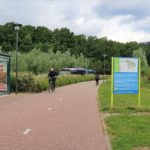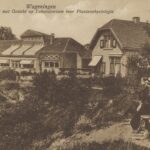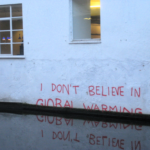The student jury announced the shortlist in a Skype meeting with the top five on 8 June. WUR students were able to each nominate three teachers fort he award. The top fifteen were interviewed by the student jury, that went on to draw up a shortlist of the top 5 candidates. From this shortlist, the final winner will be selected. In 2019, the award went to Fred de Boer, a year earlier Henry van den Brand, who is currently shortlisted, won.
All five shortlisted candidates are awarded 2500 euros for investing in their teaching as they see fit. The winner will also receive a copy of the sculpture ‘De Leermeester’ (The Teacher). The Teacher of the Year 2020 will be announced next week and awarded by the University Fund Wageningen.
The jury report
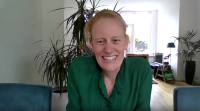
‘Hannie van der Honing
‘She has excellent and useful ideas about communicating. She has been nominated before, which shows that students still appreciate her and that her involvement with students, level of education, innovation etc. all remain very high. Hannie has a course with multiple programmes adjusted to the students’ interests, which shows how involved she is with the students and that she spends a lot of time thinking about how she can be a better teacher. The innovation of her education reflects how involved she is and her passion for the students.’
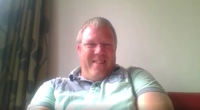
‘Tijs Ketelaar
‘Tijs made it to the shortlist because he made it very clear that he considers innovation one of the most critical aspects. He is very focused on ensuring his material is the best there is and that it’s up to date. Moreover, he is not afraid to act silly and use funny examples to make something clear to the students. For example, acting as seaweed to make students understand the problems that seaweed needs to cope with. To the students, that shows how passionate and committed he is to explain things in such a way that everyone understands.’
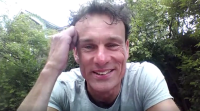
‘Arie Nieuwenhuizen
‘Arie has a perfect combination of all the aspects that the jury assessed the longlisted teachers on: innovative methods of teaching, the inclusion of innovations from the field into the course, connection with students, and passion for the subject. The jury was especially impressed with how he focuses on showing his ‘human side’, for example, not being afraid to admit it if he makes a mistake. Additionally, he focuses on critical thinking and uses innovative and interesting methods to make this clear to the students. Lastly, his practicals are innovative and motivating, and he really makes students try things out themselves to learn, such as having students check their blood pressure during different conditions to understand the underlying physiological principles.’
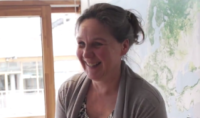
‘Ute Sass-Klaassen
‘She handles the current corona situation with online education very well. She also teaches in Germany and takes her experiences from teaching abroad back to her teaching at WUR. It is very much appreciated that she pays attention to cultural integration in the classroom and that she sees herself playing several roles (coach, coordinator, etc.) because that ensures that the students are well-rounded in all aspects of their lives. She also puts immense effort into interacting with the students and getting to know their profiles and helping them with their future (e.g. matching with guest speakers/alumni).’
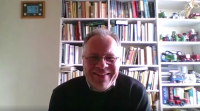
‘Henry van den Brand
‘It’s very much appreciated that he tries to remember the name of every student, he really makes an effort to involve everyone. There’s something about his way of teaching that makes you feel like you’re young and back in middle school again (in a good way!), which makes it all very exciting and nostalgic. The jury thinks that’s a really nice feeling. He also made it to the shortlist because he is very involved in activities of study associations or other, non-course related activities, like drinks to get in touch with students to talk about both courses and unrelated topics. Students appreciate that and consider it important.’

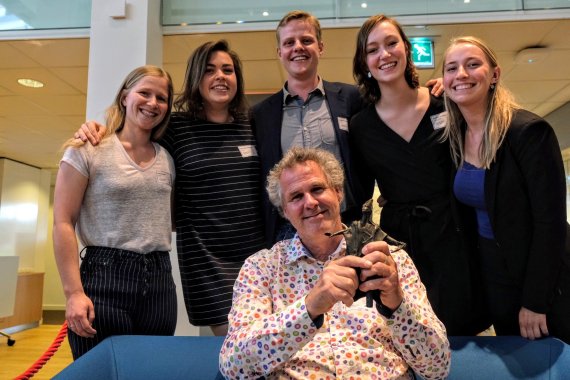 Fred de Boer won last year Photo: Guy Ackermans
Fred de Boer won last year Photo: Guy Ackermans
